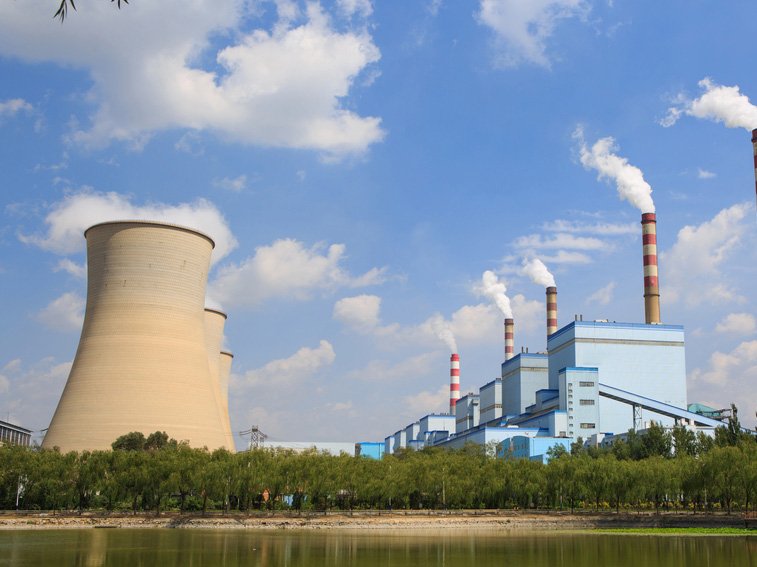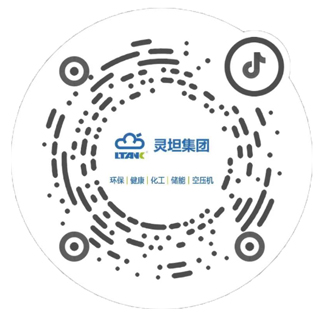
Boiler feedwater treatment systems for power plants, steel mills, chemical plants, etc
In the thermal systems of chemical and thermal power plants, the quality of water is an important factor affecting the safety and economic operation of thermal equipment. Natural water contains many impurities. If these water are introduced into thermal equipment without purification treatment, it will cause various hazards due to poor quality of steam and water, mainly scaling, corrosion, and salt accumulation of thermal equipment.
Scaling: Scaling is highly likely to occur in areas with high heat loads, such as boiler tubes and various heat exchangers. The thermal conductivity of scale is several hundred times worse than that of metal, and the scaled metal pipe wall will overheat, reduce strength, and cause damage to the pipeline. Improper treatment of cooling water can cause scaling of condenser copper pipes, reduce heat transfer efficiency, and ultimately lower turbine output.
Corrosion: Poor water quality can cause corrosion of thermal equipment, mainly electrochemical corrosion, which is prone to occur in metal parts that frequently come into contact with water, such as water supply pipelines, economizers, water-cooled walls, superheaters, steam turbines, and condensers. Corrosion will greatly reduce the service life of equipment.
Salt deposition: When steam containing a large amount of impurities passes through the superheater and turbine, impurities will deposit, which is called salt deposition in the superheater and turbine; The accumulation of salt in the superheater may cause tube bursting, and the accumulation of salt in the turbine will greatly reduce the output of the turbine.
Boiler feedwater quality standards
|
Control project
|
Standard value and expected value
|
Overheated steam pressure Mpa
|
|
drum boiler
|
Once-through boiler
|
|
3.8~5.8
|
5.9~12.6
|
12.7~15.6
|
>15.6
|
5.9~18.3
|
>18.3
|
|
Hydrogen conductivity(25℃) μS/cm
|
Standard value
|
一
|
≤0.30
|
≤0.30
|
≤0.15a
|
≤0.15
|
≤0.10
|
|
Expected value
|
—
|
一
|
一
|
≤0.10
|
≤0.10
|
≤0.08
|
|
Hardness/(μmol/L)
|
Standard value
|
≤2.0
|
一
|
一
|
一
|
一
|
一
|
|
Dissolved oxygen μg/L
|
AVT(R)
|
Standard value
|
≤15
|
≤7
|
≤7
|
≤7
|
≤7
|
≤7
|
|
AVT(O)
|
Standard value
|
≤15
|
≤10
|
≤10
|
≤10
|
≤10
|
≤10
|
|
Iron μg/L
|
Standard value
|
≤50
|
≤30
|
≤20
|
≤15
|
≤10
|
≤5
|
|
Expected value
|
一
|
一
|
一
|
≤10
|
≤5
|
≤3
|
|
Copper μg/L
|
Standard value
|
≤10
|
≤5
|
≤5
|
≤3
|
≤3
|
≤2
|
|
Expected value
|
一
|
一
|
一
|
≤2
|
≤2
|
≤1
|
|
Sodium μg/L
|
Standard value
|
一
|
一
|
一
|
一
|
≤3
|
≤2
|
|
Expected value
|
|
—
|
—
|
—
|
≤2
|
≤1
|
|
Silica μg/L
|
Standard value
|
≤20
|
≤20
|
≤20
|
≤20
|
≤15
|
≤10
|
|
Expected value
|
—
|
≤10
|
≤10
|
≤10
|
≤10
|
≤5
|
|
Chloride ion /(μg/L)
|
Standard value
|
一
|
—
|
—
|
≤2
|
≤1
|
≤1
|
|
TOCi (μg/L)
|
Standard value
|
一
|
≤500
|
≤500
|
≤200
|
≤200
|
≤200
|
|
For water-cooled units without condensate polishing and desalination devices, the hydrogen conductivity of the feedwater should not exceed 0.30 μ S/cm.
|
.jpg)






.jpg)
